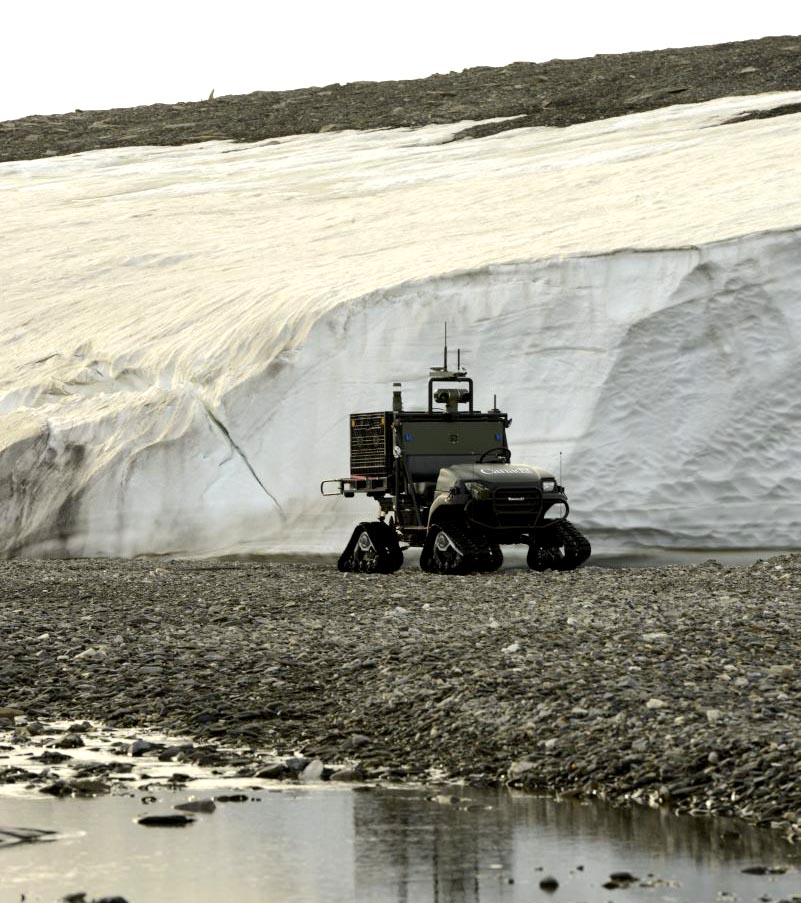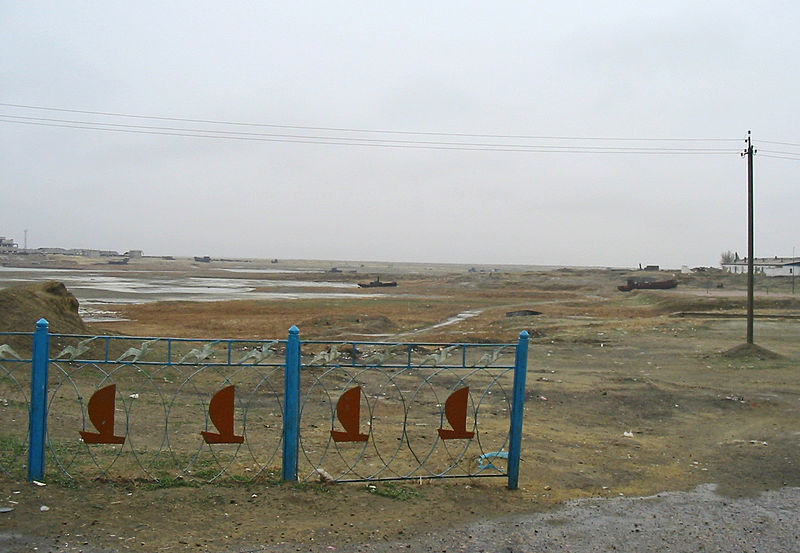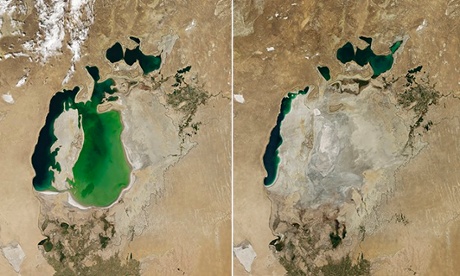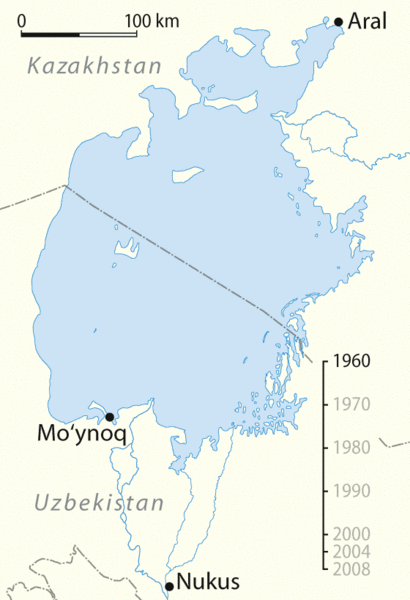Scott Alexander wrote this back in July. I think it’s still relevant as a useful perspective-enhancer:
The year 1969 comes up to you and asks what sort of marvels you’ve got all the way in 2014.
You explain that cameras, which 1969 knows as bulky boxes full of film that takes several days to get developed in dark rooms, are now instant affairs of point-click-send-to-friend that are also much higher quality. Also they can take video.
Music used to be big expensive records, and now you can fit 3,000 songs on an iPod and get them all for free if you know how to pirate or scrape the audio off of YouTube.
Television not only has gone HDTV and plasma-screen, but your choices have gone from “whatever’s on now” and “whatever is in theaters” all the way to “nearly every show or movie that has ever been filmed, whenever you want it”.
Computers have gone from structures filling entire rooms with a few Kb memory and a punchcard-based interface, to small enough to carry in one hand with a few Tb memory and a touchscreen-based interface. And they now have peripherals like printers, mice, scanners, and flash drives.
Lasers have gone from only working in special cryogenic chambers to working at room temperature to fitting in your pocket to being ubiquitious in things as basic as supermarket checkout counters.
Telephones have gone from rotary-dial wire-connected phones that still sometimes connected to switchboards, to cell phones that fit in a pocket. But even better is bypassing them entirely and making video calls with anyone anywhere in the world for free.
Robots now vacuum houses, mow lawns, clean office buildings, perform surgery, participate in disaster relief efforts, and drive cars better than humans. Occasionally if you are a bad person a robot will swoop down out of the sky and kill you.
For better or worse, video games now exist.
Medicine has gained CAT scans, PET scans, MRIs, lithotripsy, liposuction, laser surgery, robot surgery, and telesurgery. Vaccines for pneumonia, meningitis, hepatitis, HPV, and chickenpox. Ceftriaxone, furosemide, clozapine, risperidone, fluoxetine, ondansetron, omeprazole, naloxone, suboxone, mefloquine, – and for that matter Viagra. Artificial hearts, artificial livers, artificial cochleae, and artificial legs so good that their users can compete in the Olympics. People with artificial eyes can only identify vague shapes at best, but they’re getting better every year.
World population has tripled, in large part due to new agricultural advantages. Catastrophic disasters have become much rarer, in large part due to architectural advances and satellites that can watch the weather from space.
We have a box which you can type something into and it will tell you everything anyone has ever written relevant to your query.
We have a place where you can log into from anywhere in the world and get access to approximately all human knowledge, from the scores of every game in the 1956 Roller Hockey World Cup to 85 different side effects of an obsolete antipsychotic medication. It is all searchable instantaneously. Its main problem is that people try to add so much information to it that its (volunteer) staff are constantly busy deleting information that might be extraneous.
We have the ability to translate nearly major human language to any other major human language instantaneously at no cost with relatively high accuracy.
We have navigation technology that over fifty years has gone from “map and compass” to “you can say the name of your destination and a small box will tell you step by step which way you should be going”.
We have the aforementioned camera, TV, music, videophone, video games, search engine, encyclopedia, universal translator, and navigation system all bundled together into a small black rectangle that fits in your pockets, responds to your spoken natural-language commands, and costs so little that Ethiopian subsistence farmers routinely use them to sell their cows.
But, you tell 1969, we have something more astonishing still. Something even more unimaginable.
“We have,” you say, “people who believe technology has stalled over the past forty-five years.”
1969’s head explodes.








